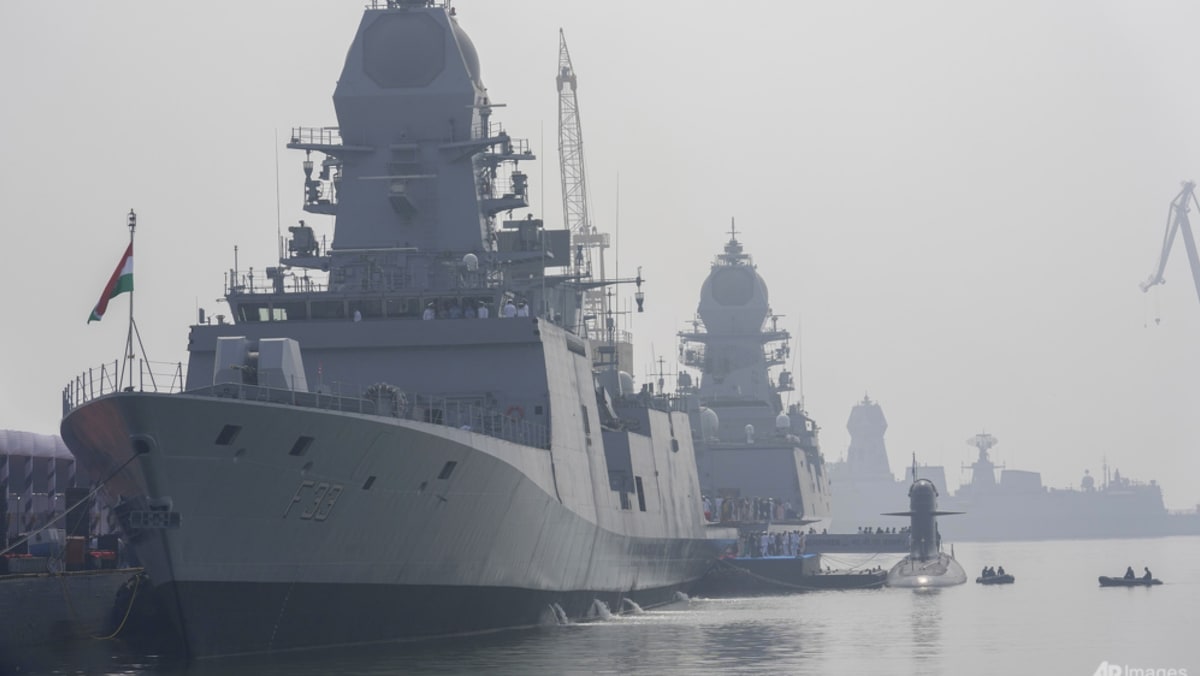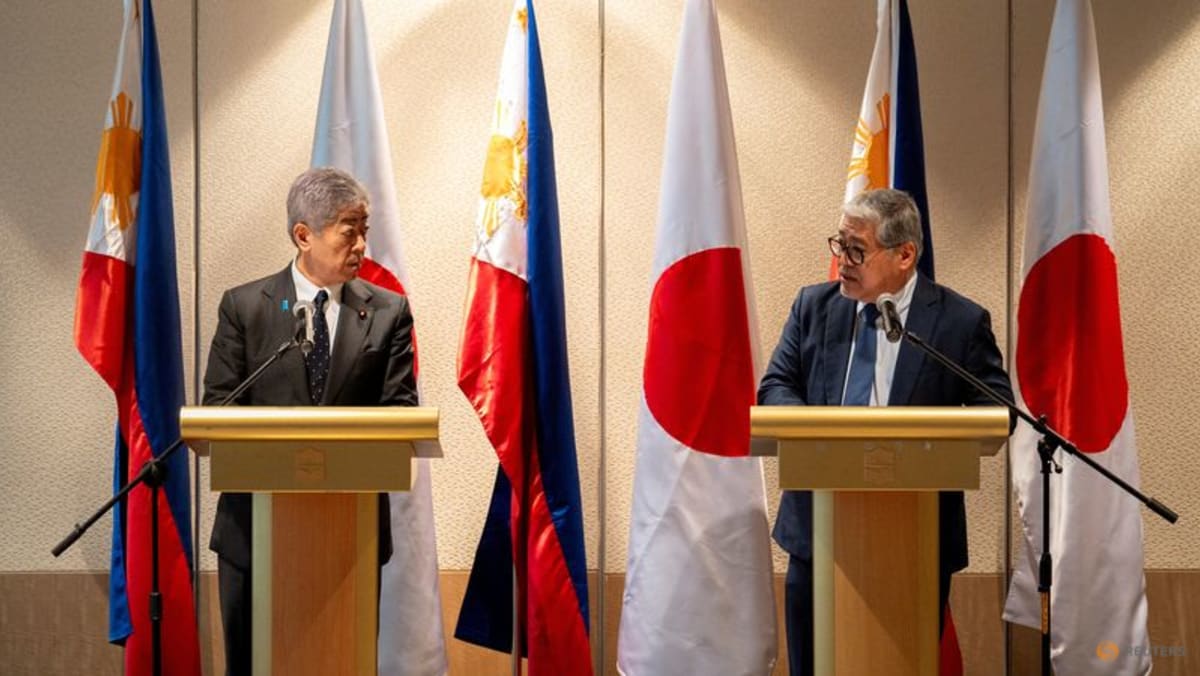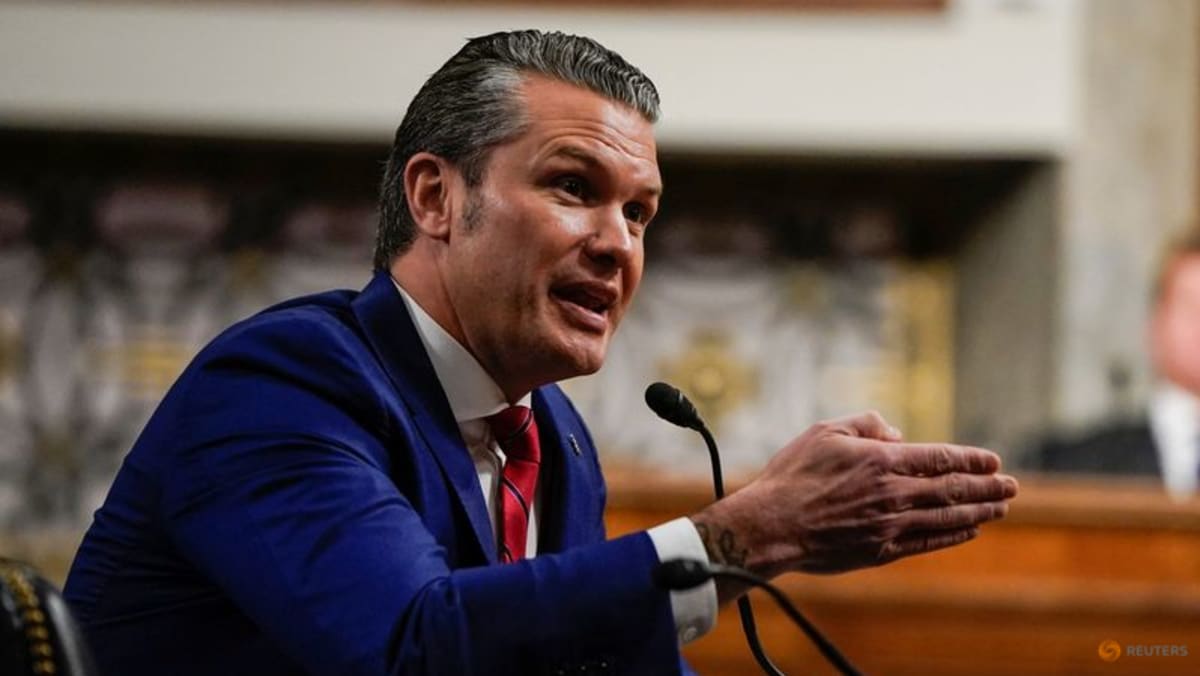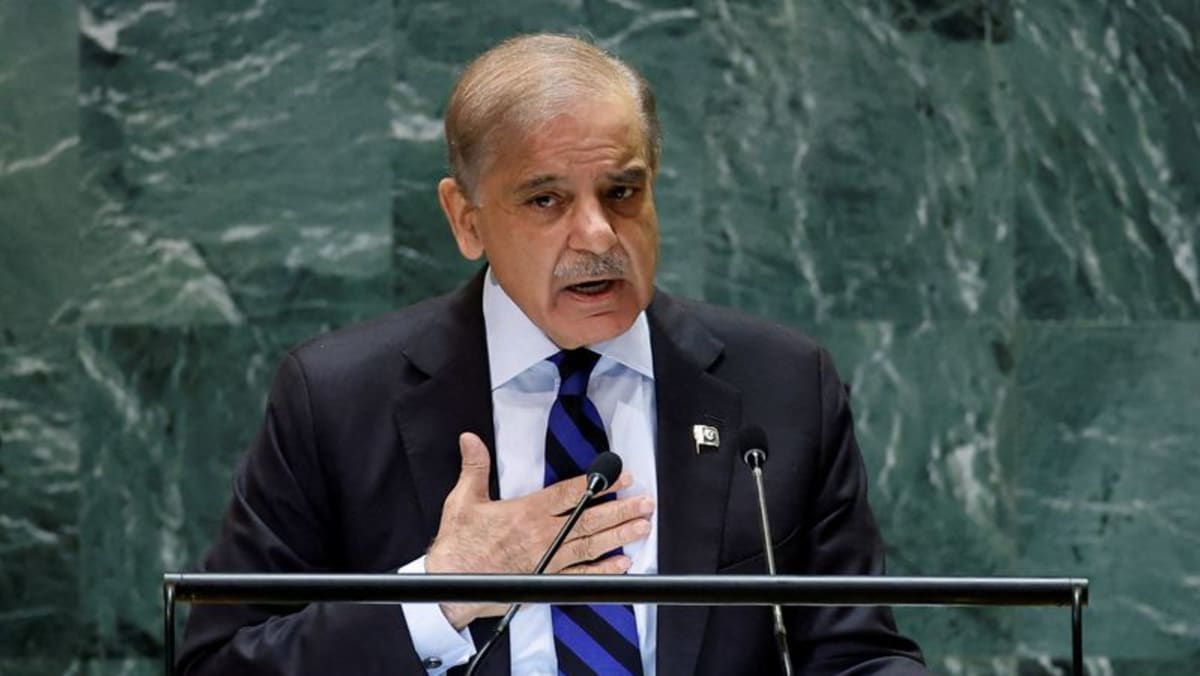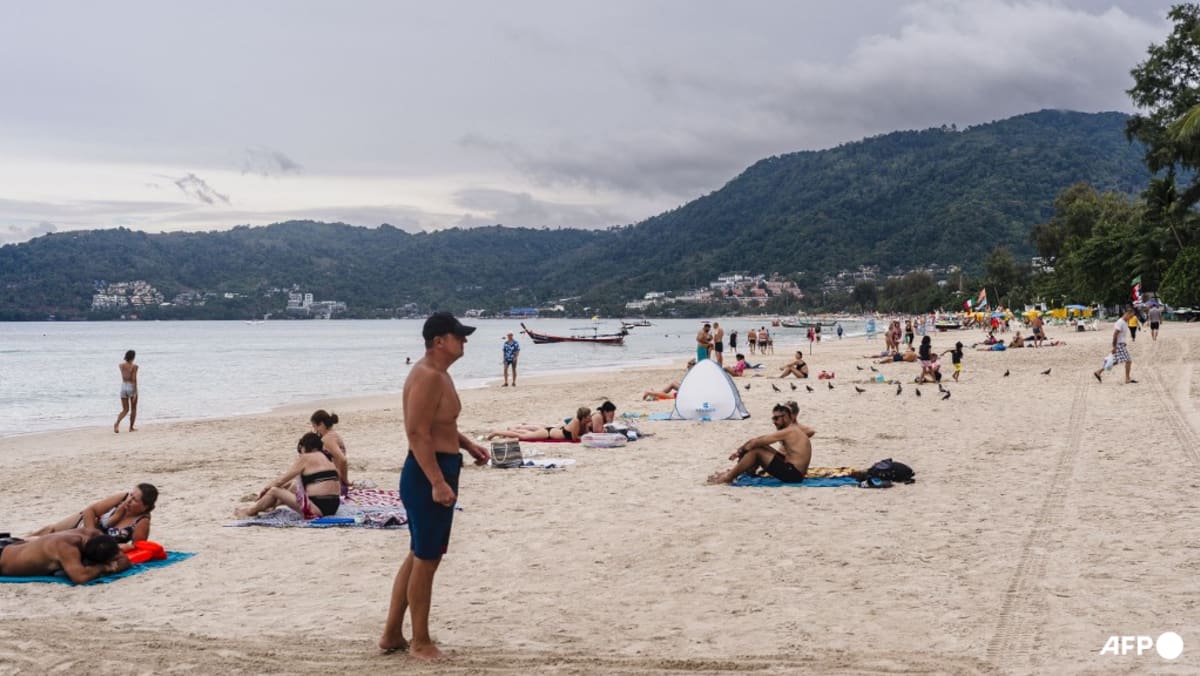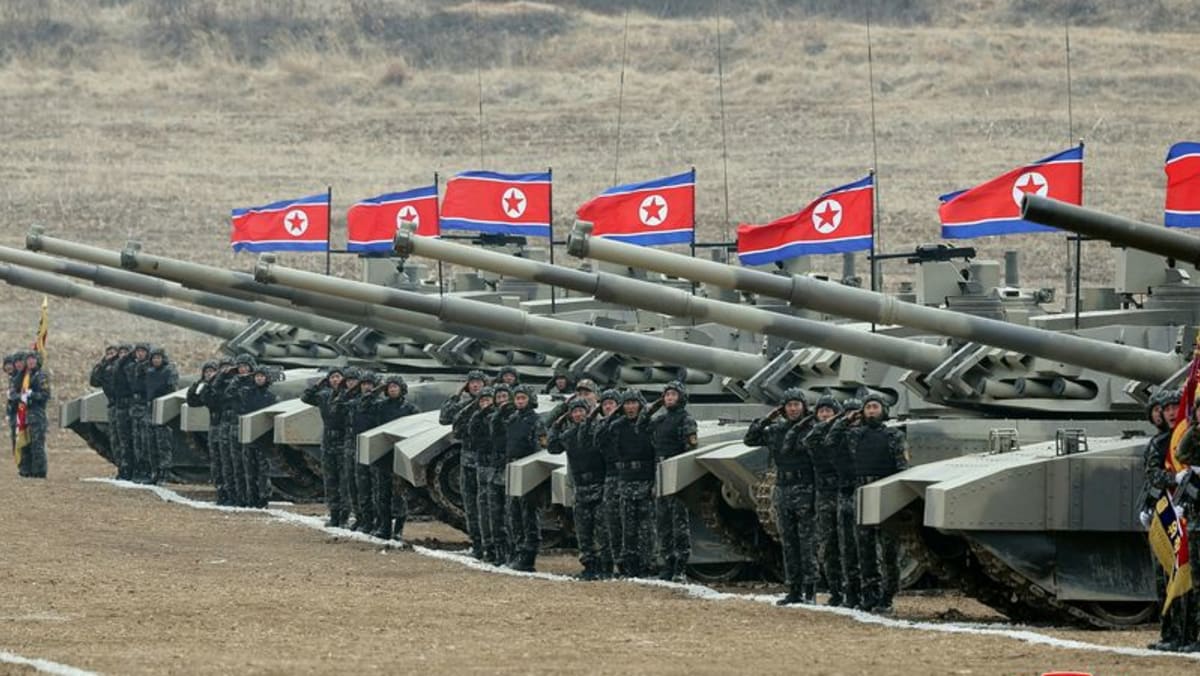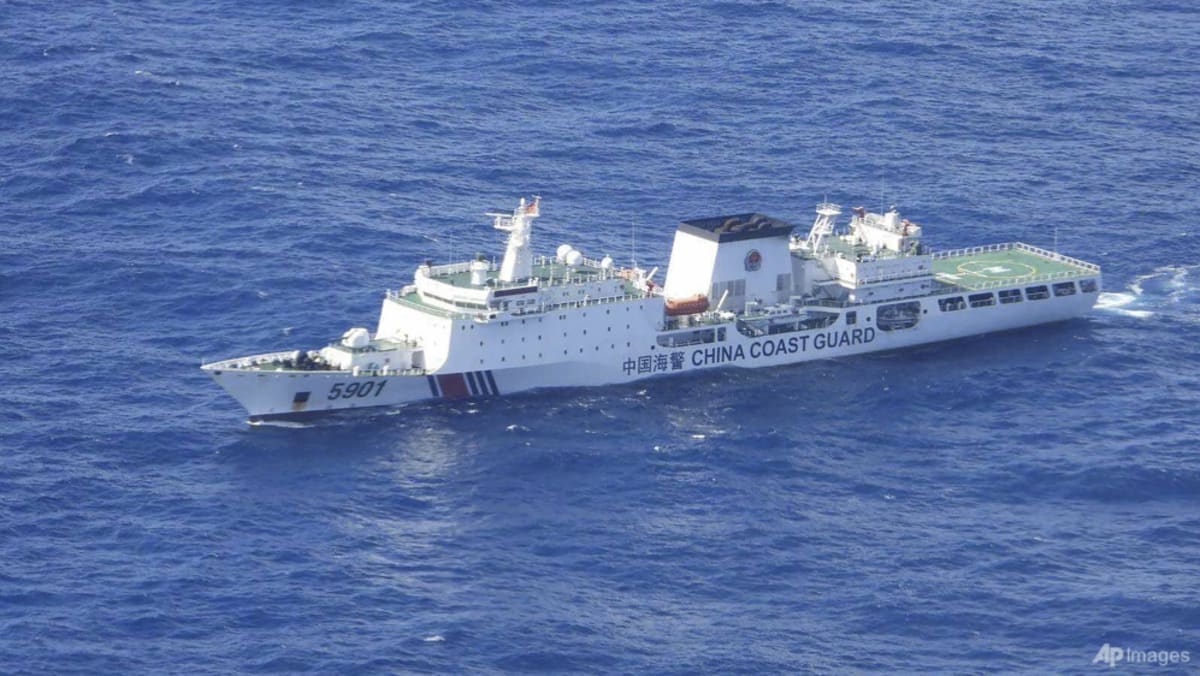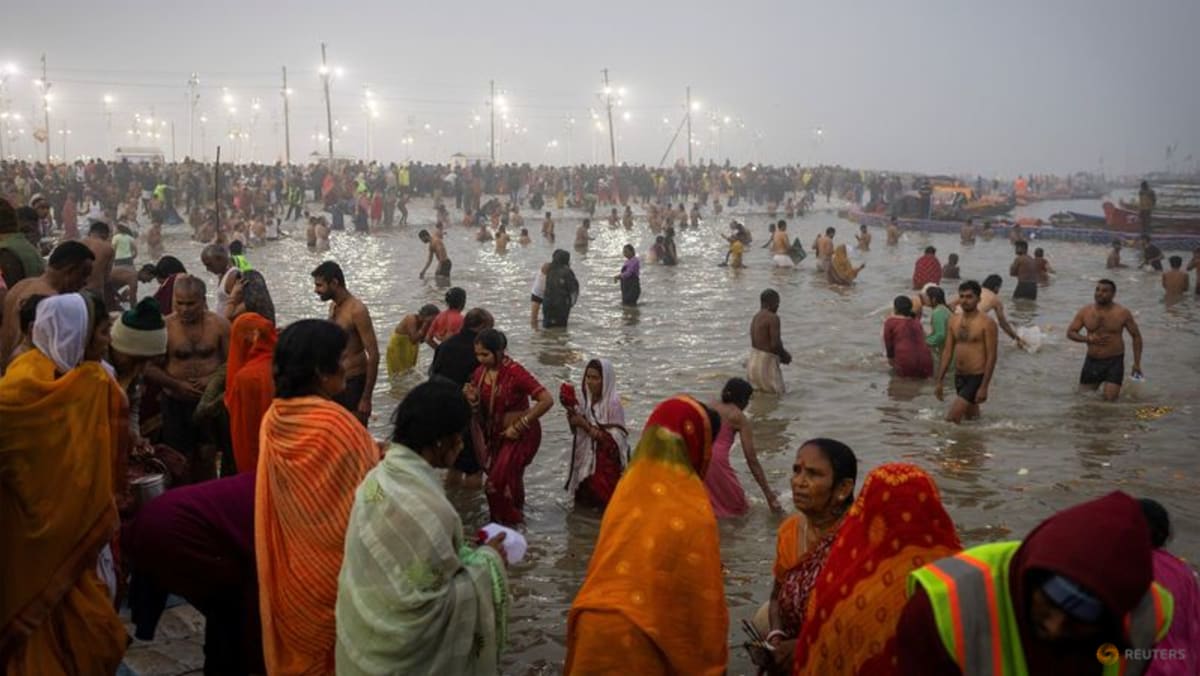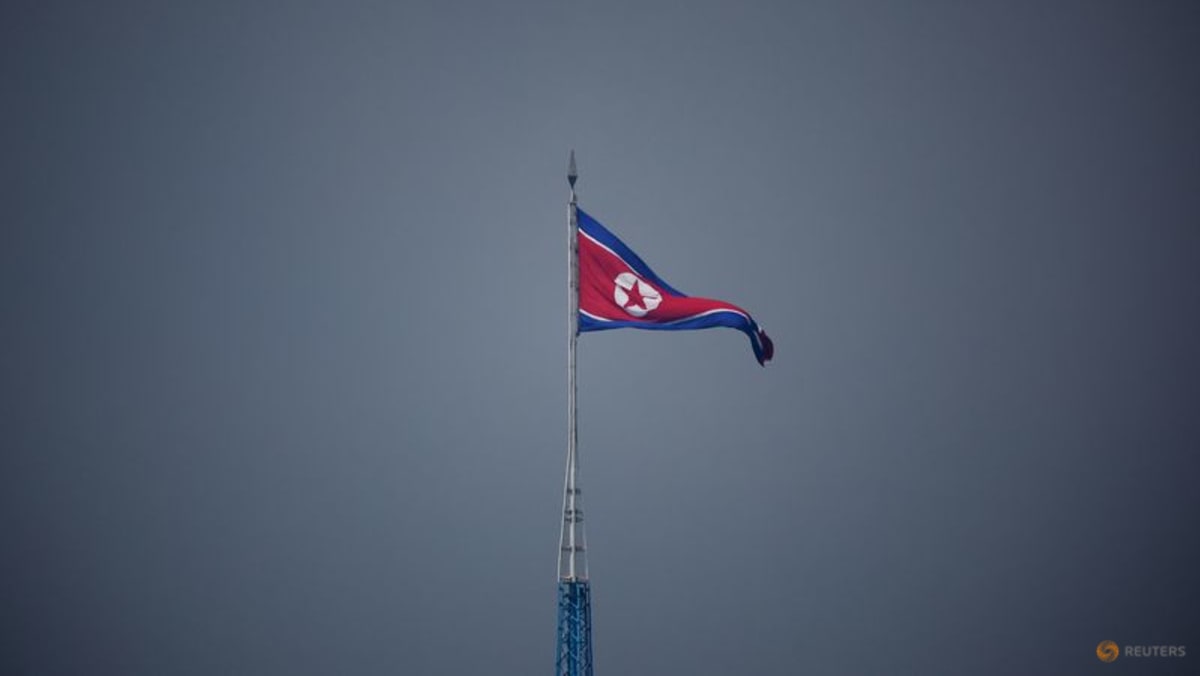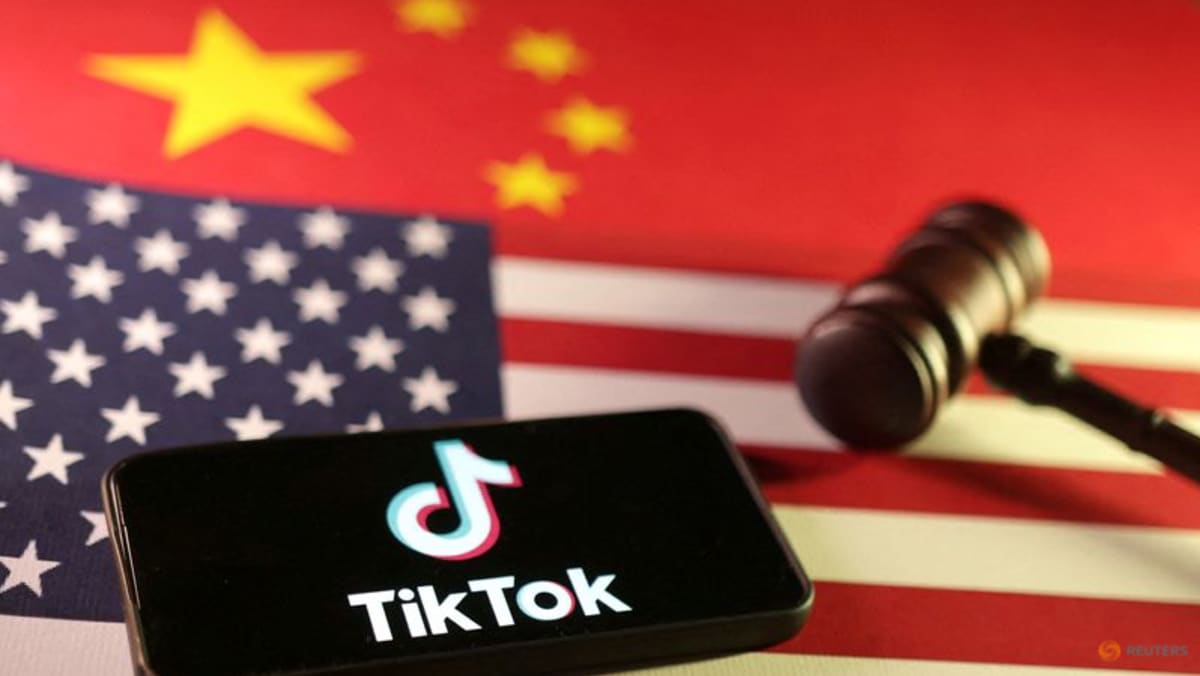Sri Lanka ex-leader Rajapaksa claims ousted over China investments
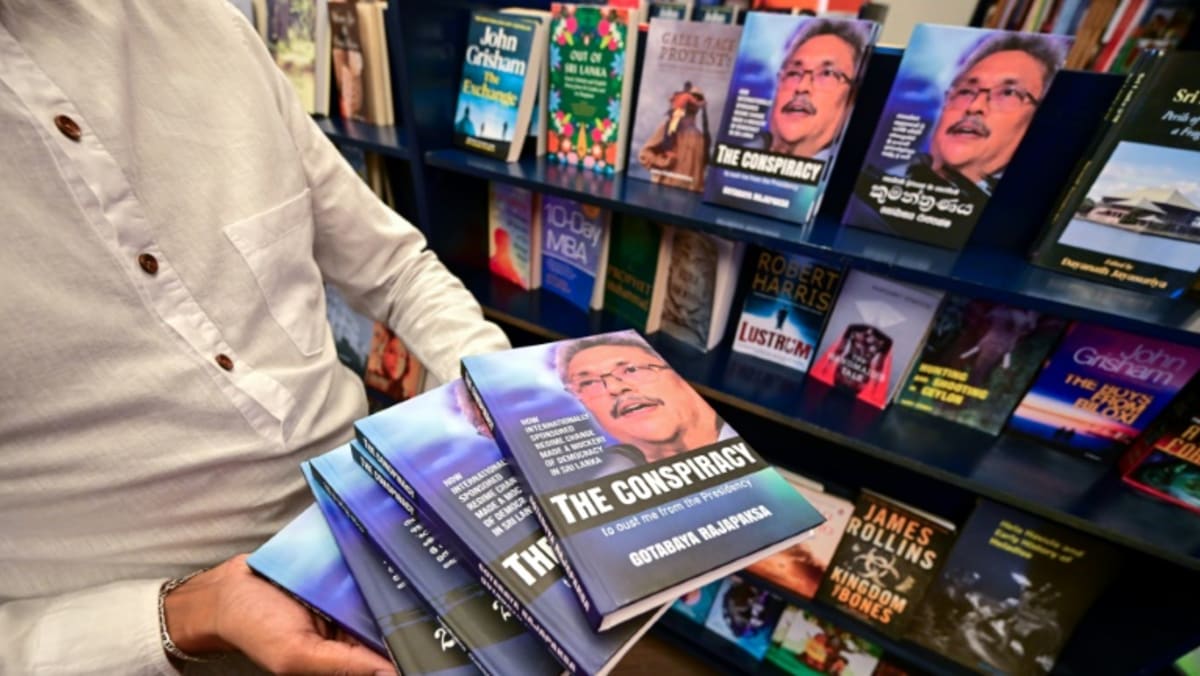
COLOMBO: Former Sri Lankan president Gotabaya Rajapaksa ended a long silence over his ouster on Thursday (Mar 6) by releasing a book claiming “geopolitical rivalry” between China and other countries was responsible for his downfall.
Rajapaksa was forced into temporary exile after protesters stormed his official residence in 2022, following months of street protests over the island nation’s worst-ever economic crisis.
In a self-published account of his downfall, The Conspiracy, Rajapaksa defends his government’s economic policies, which forced an unprecedented foreign debt default and saw months of severe food and fuel shortages.
Instead, he said “Chinese funded infrastructure projects in Sri Lanka after 2006 brought in an element of geopolitical rivalry” that precipitated his overthrow.
“It would be extremely naive for anyone to claim that there was no foreign hand in the moves made to oust me from power,” Rajapaksa wrote.
Rajapaksa did not name specific countries, but the United States had in the past repeatedly warned Sri Lanka it risked falling into a Chinese debt trap by signing a raft of infrastructure deals.
At the time of his ouster, the 74-year-old was initially flown out of Sri Lanka aboard a military aircraft and emailed his resignation from Singapore, but he has since returned home.
In the book, Rajapaksa claimed that protesters who took to the streets as the economy ground to a halt in the final months of his tenure had “foreign funding”, without offering evidence.
Beijing has funded several development projects in Sri Lanka, including a rarely-used convention centre and airport in Rajapaksa’s hometown Hambantota, which critics have slammed as white elephants.
China is also Sri Lanka’s biggest single bilateral lender, owning around 10 per cent of the island’s foreign debt.
Rajapaksa was once esteemed among the Sinhala Buddhist majority for helping end Sri Lanka’s long civil war in 2009 while serving as the top defence official during his brother Mahinda’s presidency.
He was elected in a landslide in 2019 but his popularity crashed in tandem with Sri Lanka’s economy less than three years later, as supermarket shelves stood empty and days-long queues formed at petrol stations.
Economists blamed the sudden downturn on ill-advised tax cuts by Rajapaksa’s government that left it unable to respond to the collapse of foreign exchange reserves following the coronavirus pandemic.
Political commentator Kusal Perera said Rajapaksa’s downfall was due to his own inept handling of the economy.
“He was popular as a Sinhala-Buddhist leader thanks to media hype, but he was simply unable to deliver,” Perera told AFP.
Rajapaksa’s successor Ranil Wickremesinghe has brokered an International Monetary Fund rescue package and sharply raised taxes to restore government finances.
Source: CNA


